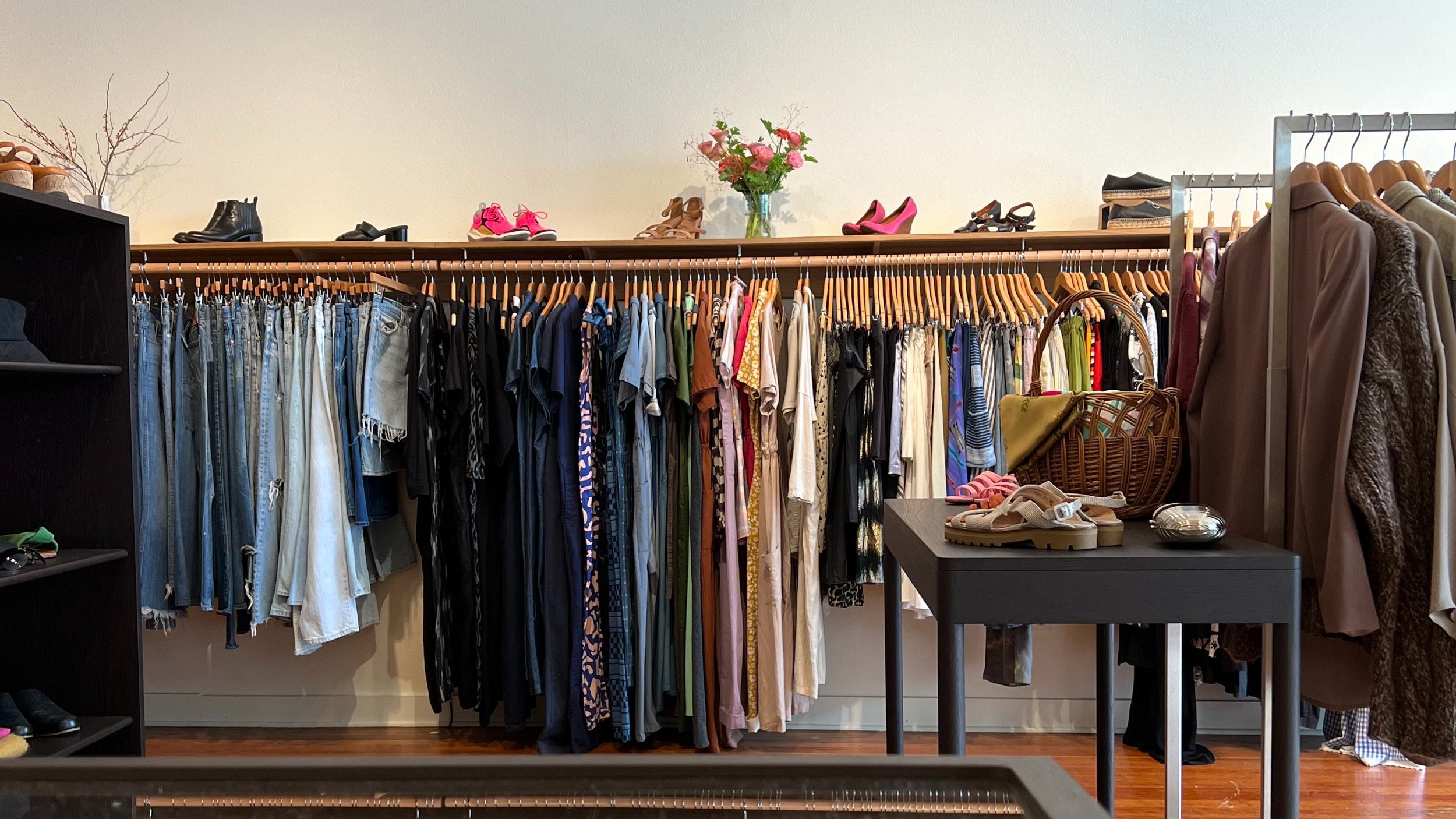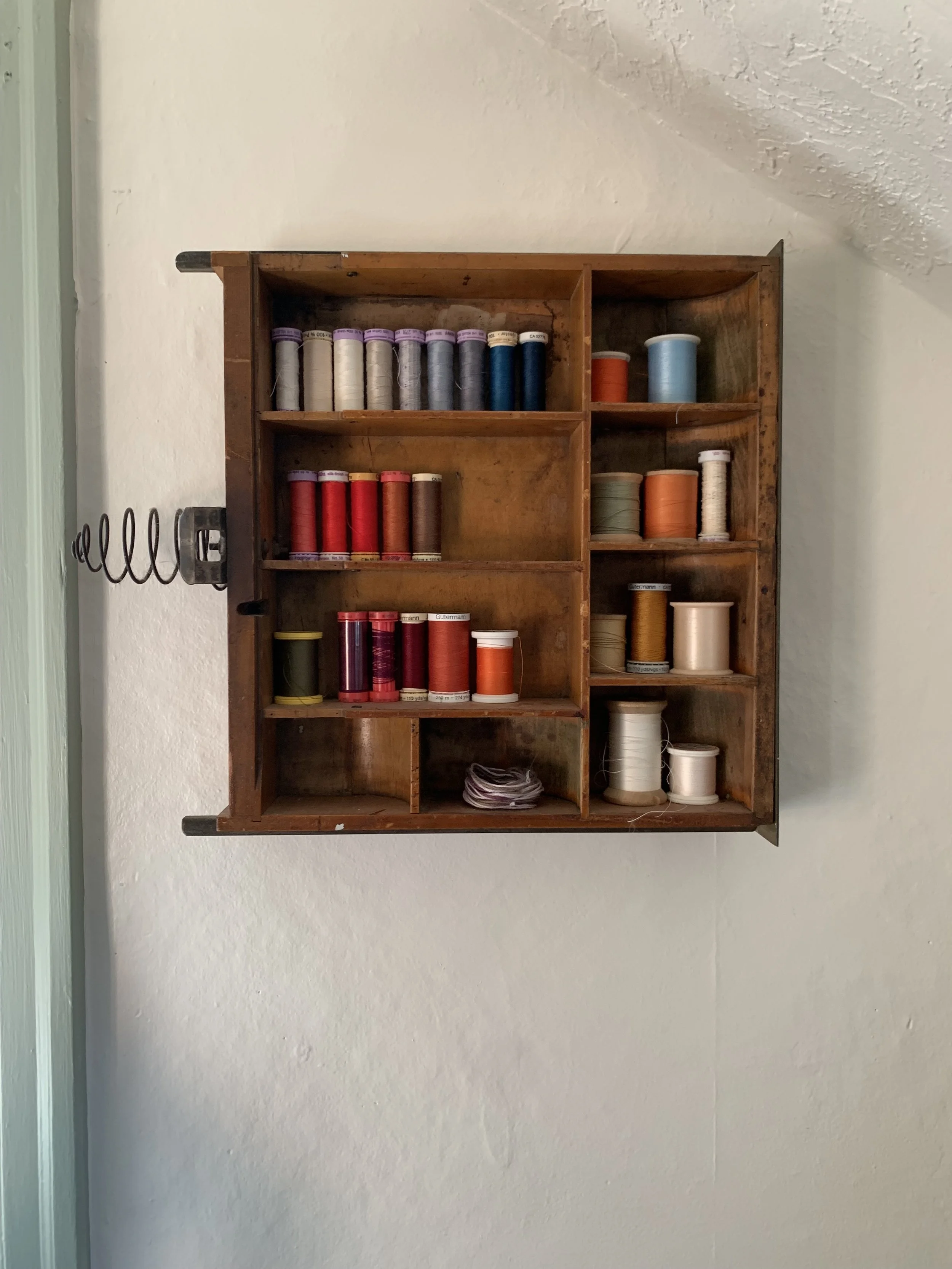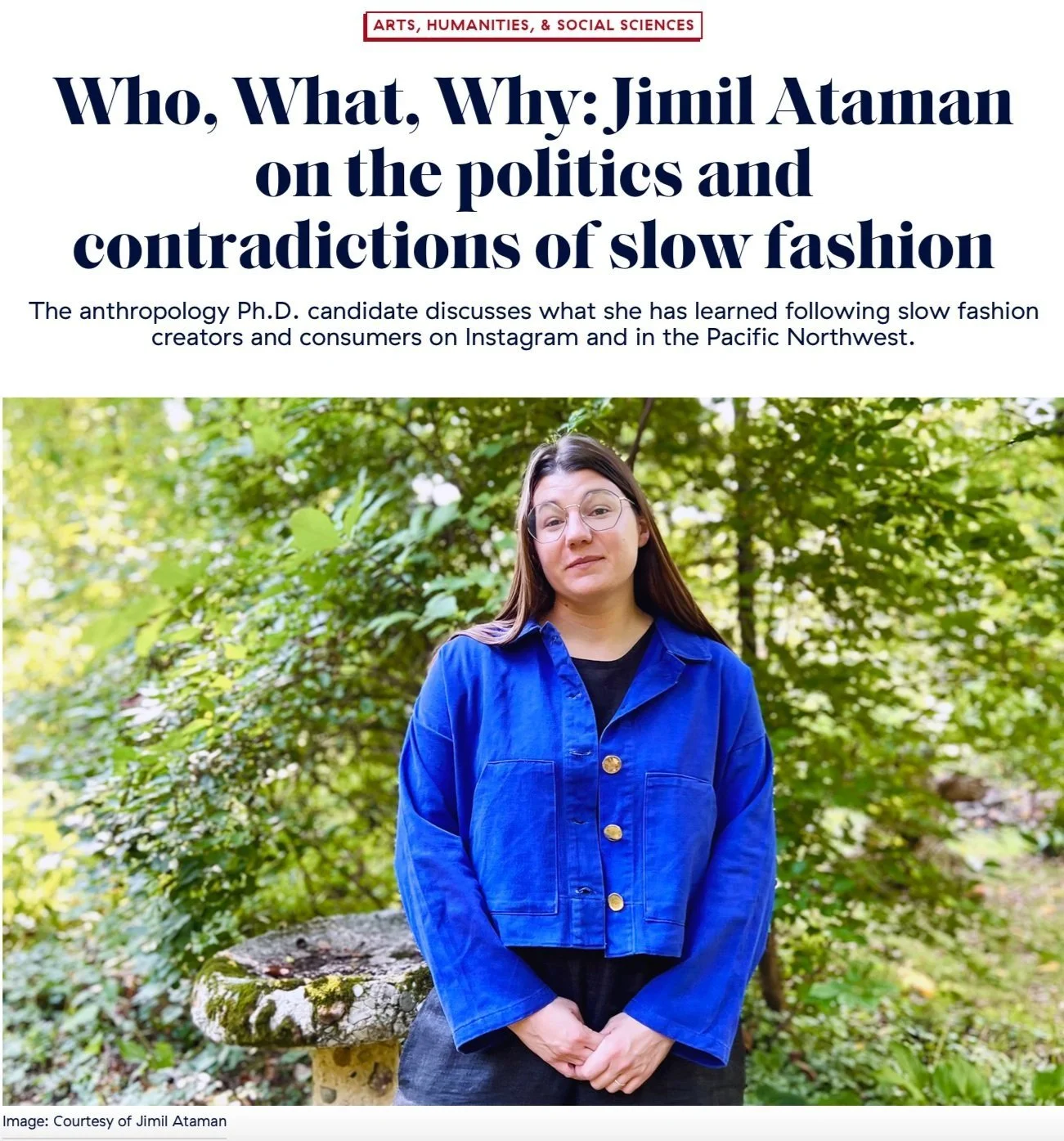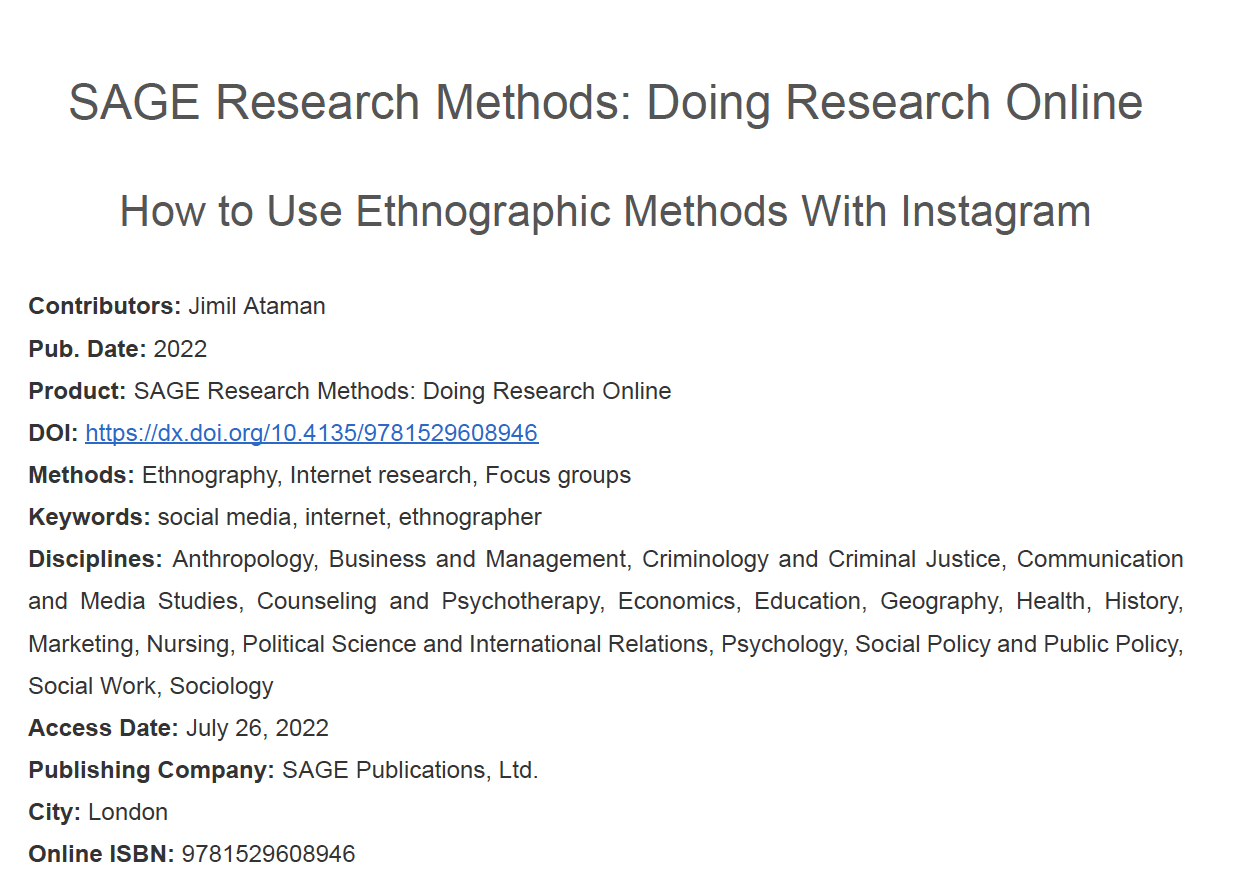
RESEARCH
Dissertation
GOod Clothes :
Negotiating Capitalism through Slow Fashion
Abstract
“Slow fashion” encompasses a burgeoning social movement, grassroots clothing industry, and thriving community that collectively endeavors to answer this question. By weaving together everyday practices, alternative models for fashion production, and an online community, slow fashion practitioners aim to unstitch the global systems of fast fashion. Using a multi-sited, multimodal ethnographic method–which knits together a creative blend of digital and traditional ethnographic methods and a personal making practice–my dissertation explores how slow fashion practitioners endeavor to answer the question: can we transform how clothes are made, bought, and sold?
To do this, I conducted 18 months of ethnographic research with slow fashion practitioners geographically situated in the Pacific Northwest, and another digitally constituted on Instagram as they strive to undo the environmental harms and exploitations which drive the contemporary fashion industry. Specifically, my research addresses the following questions: (1) How might relations—to community, labor, and consumption—be reconfigured through feminist-inspired care-based practices?; (2) What ethical tensions and political possibilities are produced when an online community of women uses digital platforms to resist commodification? and (3) what moral ambiguities and non-capitalist possibilities are embedded in the efforts to alter the structures of fashion production through the slow fashion industry?
Methodology
Methodology
Using a creative blend of digital and traditional ethnographic methods and a personal making practice I conducted 18 months of digital and traditional ethnographic research, ending in December 2022. The multi-modal methodology I employed in my research examines slow fashion from three strands: (1) personal practice, (2) online (3) in the industry. Each of these strands correlates with my research questions. After creating a public-facing Instagram page (@jimil.goes.slow) in 2021, I used my platform to recruit 75 slow fashion practitioners: from across a network of field sites (Burrell 2009) in Seattle, Washington, and Portland, Oregon, and on Instagram over 18 months.
My research practice incorporated digital methods (Boellstorff 2008; Hine 2000; Postill and Pink 2012), especially Bluteau’s (2021) method of ‘immersive cohabitation,’ and traditional ethnographic methods including participant observation and narrative analysis (Rosaldo 1980).
Read Penn Today’s Profile of my work:
PUBLICATIONS:
This guide applies an ethnographic method to the internet platform Instagram. Following scholarship by digital anthropologists and internet studies researchers, it invites readers to reconceptualize the traditional “fieldsite” to incorporate digital communities and networks. Readers will learn how to apply ethnographic practices, such as participant-observation to Instagram. Additionally, it overviews important ethical considerations all internet researchers are tasked with attending to as they do ethnography online.




